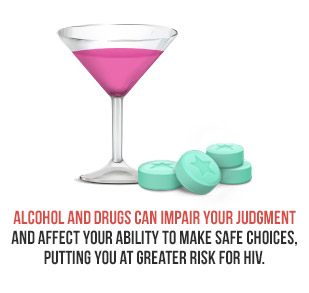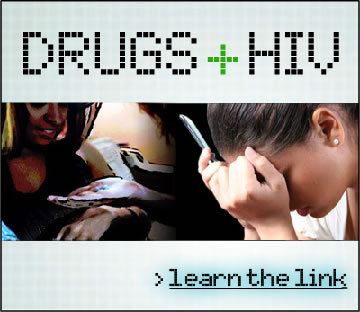Education is Action
A look at HIV and its link with substance abuse
 HIV stands for human immunodeficiency virus. It is the virus that can lead to acquired immunodeficiency syndrome, or AIDS. Unlike some other viruses, the human body cannot get rid of HIV. That means that once you have HIV, you have it for life.
HIV stands for human immunodeficiency virus. It is the virus that can lead to acquired immunodeficiency syndrome, or AIDS. Unlike some other viruses, the human body cannot get rid of HIV. That means that once you have HIV, you have it for life.
No safe and effective cure currently exists, but scientists are working hard to find one, and remain hopeful. Meanwhile, with proper medical care, HIV can be controlled. Treatment for HIV is often called antiretroviral therapy or ART. It can dramatically prolong the lives of many people infected with HIV and lower their chance of infecting others. Before the introduction of ART in the mid-1990s, people with HIV could progress to AIDS in just a few years. Today, someone diagnosed with HIV and treated before the disease is far advanced can have a nearly normal life expectancy.
HIV affects specific cells of the immune system, called CD4 cells, or T cells. Over time, HIV can destroy so many of these cells that the body can’t fight off infections and disease. When this happens, HIV infection leads to AIDS.
Learn more about HIV/AIDS here.
Did you know there is a substance use and HIV/AIDS link?
 Behaviors associated with drug and alcohol use and abuse are among the main factors in the spread of HIV infection in the United States. Drugs can change the way the brain works, disrupting the parts of the brain that people use to weigh risks and benefits when making decisions.
Behaviors associated with drug and alcohol use and abuse are among the main factors in the spread of HIV infection in the United States. Drugs can change the way the brain works, disrupting the parts of the brain that people use to weigh risks and benefits when making decisions.
Drug abuse and addiction have been linked with HIV/AIDS since the beginning of the epidemic. Although injection drug use is well known in this regard, the role that non-injection drug abuse plays in the spread of HIV is less recognized. This is partly due to the addictive and intoxicating effects of many drugs, which can alter judgment and inhibition and lead people to engage in impulsive and unsafe behaviors.
